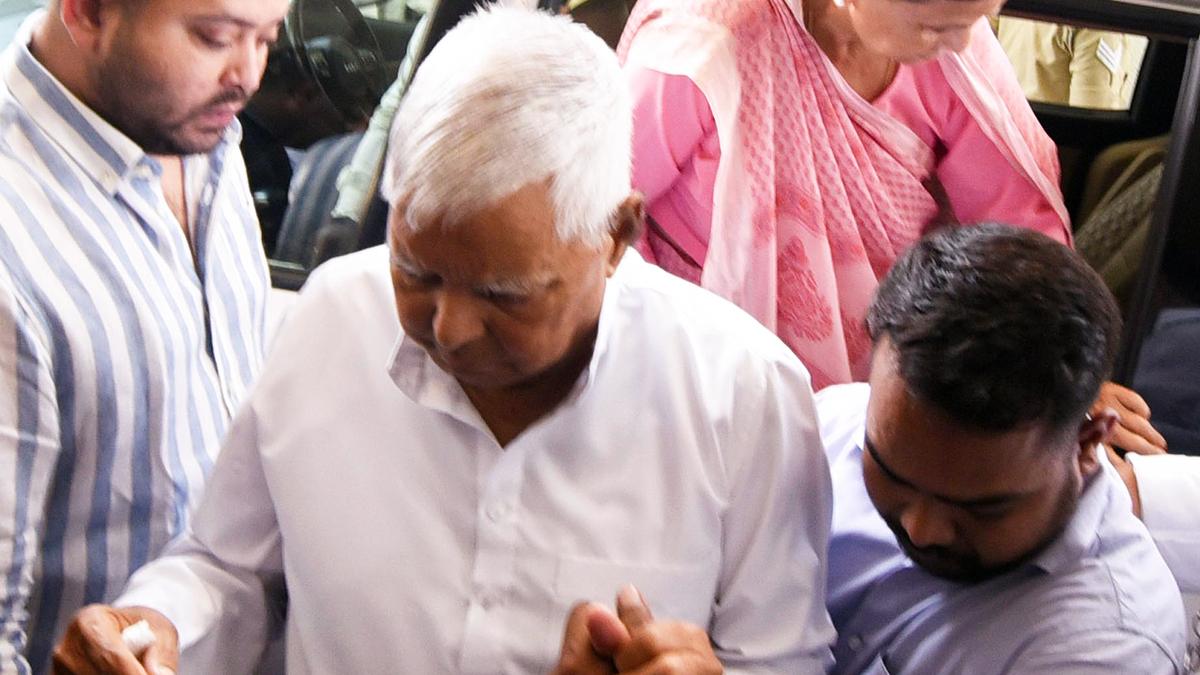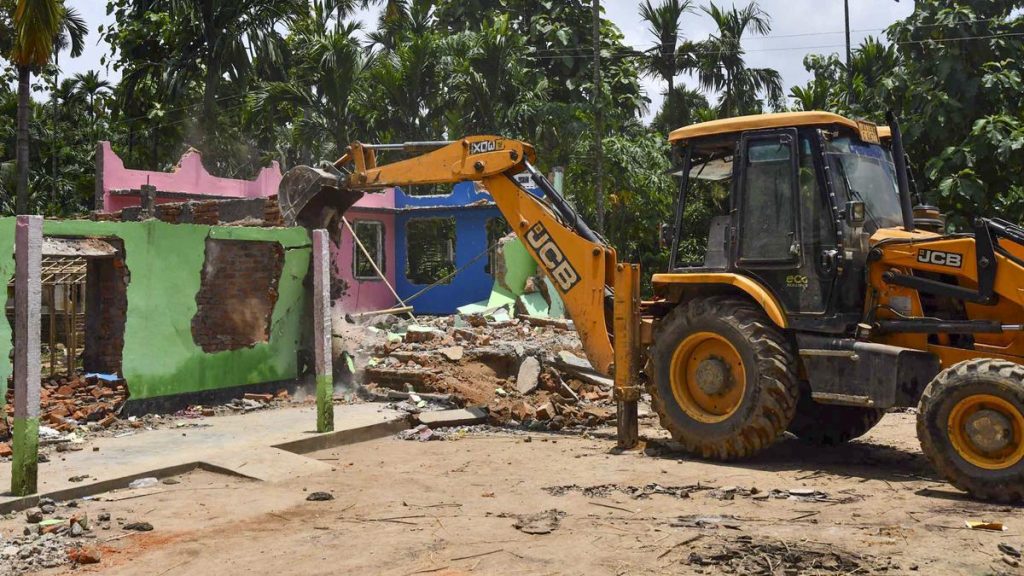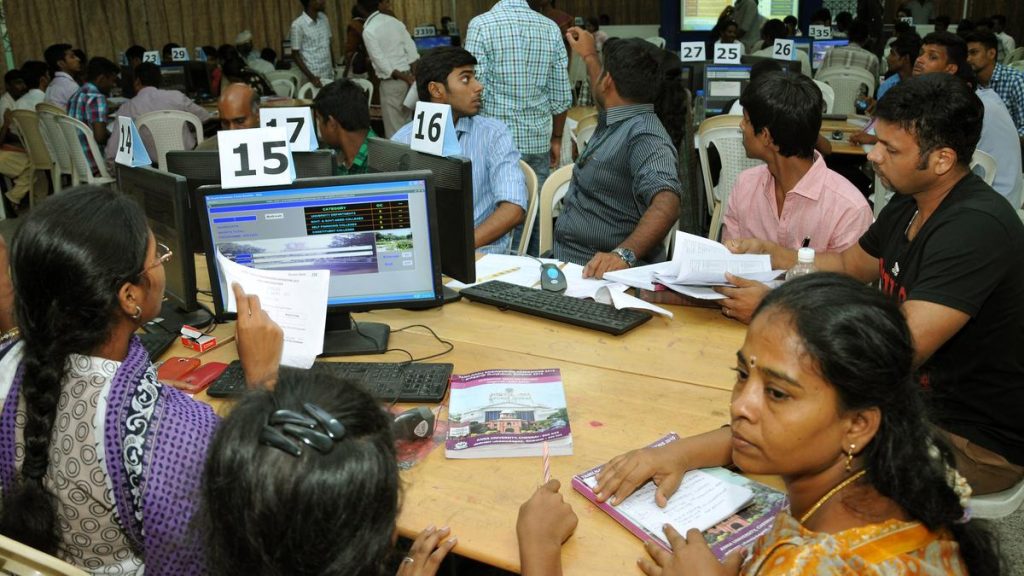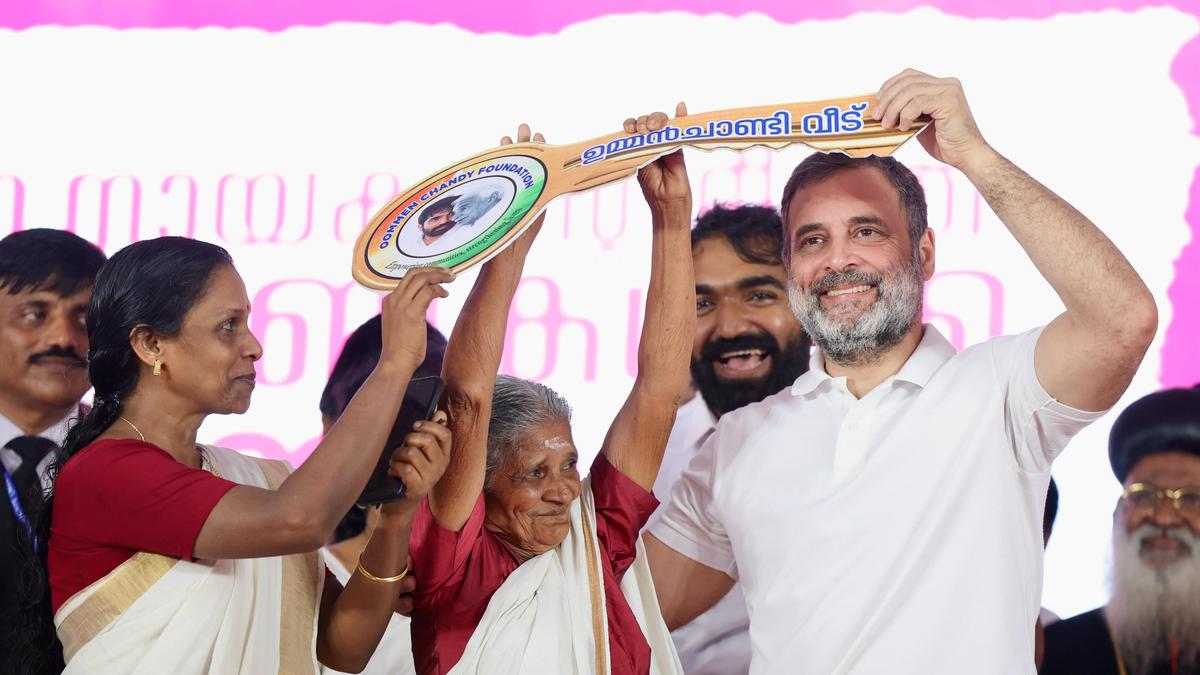Now Reading: SC Declines Lalu Prasad’s Plea to Halt Trial
-
01
SC Declines Lalu Prasad’s Plea to Halt Trial
SC Declines Lalu Prasad’s Plea to Halt Trial

Quick Summary
- The Supreme Court refused to intervene in an interim order by the Delhi High Court that declined to stay corruption trial proceedings against Rashtriya Janata Dal (RJD) Chief and former Bihar Chief Minister Lalu Prasad Yadav in a land-for-jobs case.
- The court directed the Delhi High Court to expedite hearings on Mr. Yadav’s main petition seeking to quash the criminal case filed by the CBI. Observations made in the interim order will not impact disposal of this petition.
- Considering mr. Yadav’s age and health,his presence at trial proceedings was dispensed wiht by the apex court.
- The corruption allegations stem from Mr. yadav’s tenure as Railway Minister (2004-2009), involving Group D appointments allegedly exchanged for land parcels transferred under names connected to him or his family/associates.
- Senior advocate Kapil Sibal argued that there was a 14-year delay before filing an FIR despite earlier investigations leading to a closure report, and highlighted potential issues with prosecution sanction under Section 17A of the Prevention of Corruption Act post its 2018 amendment.
- CBI countered that prior sanction under Section 17A was unnecessary due to alleged offenses being committed before the amendment, though Mr. Sibal contended registration of FIR occurred afterward.
Indian Opinion Analysis
The Supreme court’s refusal to comment on merits while directing expedited hearing underscores judicial caution concerning sensitive political cases like this one, ensuring broader procedural equity while safeguarding elder litigants’ physical challenges through relaxed attendance requirements for trial participation.
This development has implications for accountability mechanisms and interpretations surrounding anti-corruption legislation-particularly Section 17A of the Prevention of Corruption Act-and timelines related to investigative bottlenecks or delays affecting legal outcomes.
Expediting hearings could benefit all parties involved while adding clarity regarding procedural disputes over prosecutorial sanctioning requirements and jurisdictional overlaps between pre-amendment versus post-amendment laws governing anti-corruption actions-a critical balance as India steadily fortifies institutional integrity frameworks amidst enduring systemic corruption concerns.
Read More: Original Article
























